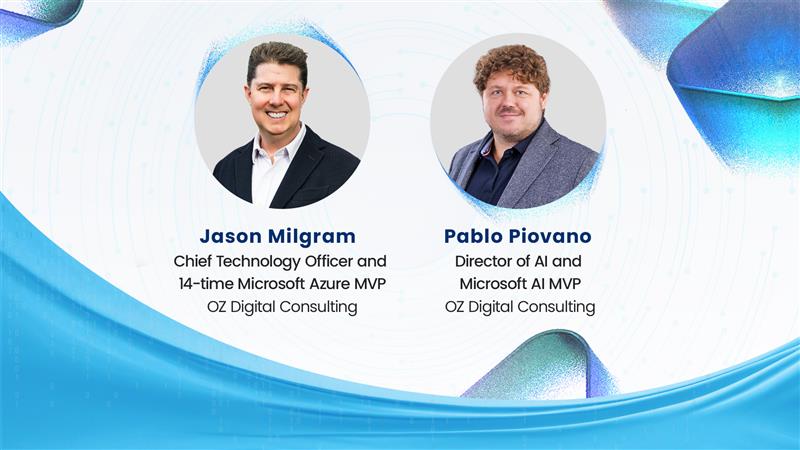It is often not until we pause and take a closer look at how we run our operations that we begin to realize how many of our processes and systems are excellent candidates for automation. With an expanding embrace of Robotic Process Automation (RPA), businesses are seeing their ROI leap to new heights. Attaining a faster return on time and effort helps employees develop greater motivation and deeper dedication to the operation. It also helps cultivate a loyal, expanding customer base. By performing appropriate RPA implementations, all this can be achieved and so much more.
RPA: The Basics
Robotic Process Automation takes advantage of artificial intelligence and machine learning capabilities to take over and more efficiently manage repeatable tasks at higher volumes that humans can perform with fewer or no errors in the process. The benefits reaped from such a process are layered; not only are tasks performed at the highest possible efficiency and accuracy but valuable human resources are also freed from mindless tasks and instead offered the opportunity of true growth within the enterprise.
Just a few of the areas where RPA implementations are already strategically placed and showing impressive results include:
- Data Extraction
- Invoice Generation
- Mass Mailings
- Payroll Management
- Sales Support
As more systems and methods are transformed by RPA implementations, a new cohesiveness develops as the RPA process itself is subjected to data analysis and management. Since machines are trained via RPA, it only makes sense to train them to better their own process performances as well, something they are quite adept at accomplishing.
Your Seven-Step Strategy for Optimal RPA Implementations
Gaining the optimal state of RPA implementations is a matter of approaching the challenge with an aligned organizational strategy. Enterprises are encouraged to establish a two-point foundation that only introduces scalable solutions that support future use of AI and other technologies while ensuring that all processes are properly standardized and digitized.
With that foundation in place, developing such a strategy is manageable by breaking it down into its seven distinct components.
- Start Simple – by beginning with the simpler and more straightforward processes, you can experience the power of RPA quickly while learning the ins and outs of RPA implementations
- Focus on Efficiency – as the main goal is efficiency, it is essential that existing processes are brought to the highest possible state of efficiency prior to RPA implementation
- Consider AI and Scalability – as more operations are included in the pool of activities managed via RPA, an eye towards future growth and development must always remain open by preparing for advanced future AI support and activities
- Manage Privacy Concerns – by incorporating an audit trail within every application, the building and operating processes can be reviewed, modified, or upgraded to ensure that processes stay current with technology and company growth while maintaining confidentiality
- Use the Right RPA Software – not all RPA solutions are the same, so due diligence is strongly advised to make certain the software acquired is capable of performing the tasks needed automating
- Perform Cost Analysis – on top of tracking efficiencies and cost-effectiveness, less tangible but equally valuable benefits such as customer satisfaction and employee engagement can be measured, delivering valuable conclusions and recommendations
- Embrace the Team Approach – the development team should be involved in the RPA implementation and then be handed the reins of the entire project for exploring new opportunities certain to arise from the optimization process
As you consider the above seven steps, it becomes clear that these are features any business should be able to deploy not only for the good of their own operations but to be able to thrive through technological evolutions instead of struggling like their competitors.
Optimize Your RPA Implementations with OZ’s Consulting Services
According to recent reports, most organizations understand the need for RPA implementations within their own operations. That demand is expected to explode to a near-universal acceptance and adoption by 2025. Consequently, it is not a matter of whether or not the journey should be undertaken but when. With OZ, making the journey will be simple and sensible, rather than overwhelming and haphazard. Learn why OZ is a leading collaborator of enterprises serious about their quest for optimal RPA implementations and find out how easy it is to get on board for your own business transformation.



